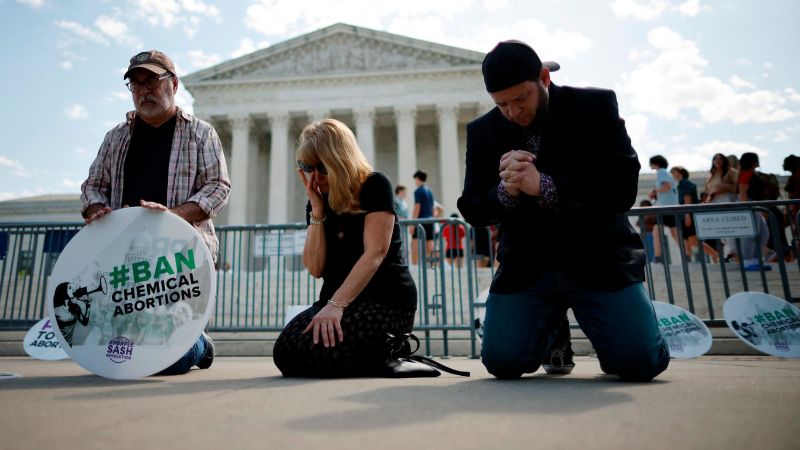The Supreme Court said Wednesday it will consider whether to restrict access to a widely used abortion drug — even in states where the procedure is still allowed.
The case concerns the drug mifepristone that — when coupled with another drug — is one of the most common abortion methods in the United States.
The decision means the conservative-leaning court will again wade into the abortion debate after overturning Roe v. Wade last year, altering the landscape of abortion rights nationwide and triggering more than half the states to outlaw or severely restrict the procedure.



Re read what I said. My point is that Chevron is inappropriate when applied in criminal matters, as opposed to civil matters.
I don’t see the distinction, in your post or in fact. Administrative action is neither criminal or civil, but regulatory. Through its enabling statute and it’s own regulations, an agency may avail itself to criminal or civil remedies. Only a prosecutor can prosecute criminal charges in federal court.
Why can Congress delegate “civil” but not “criminal” matters? It can either delegate or not.
Agency functions are rulemaking, adjudication, investigation, enforcement. I think pretty much every federal agency has some level of function for each, each with it’s own requirements for due process. Agencies aren’t neatly packaged. Got a couple examples of what you’re talking about criminal versus civil regulatory action?